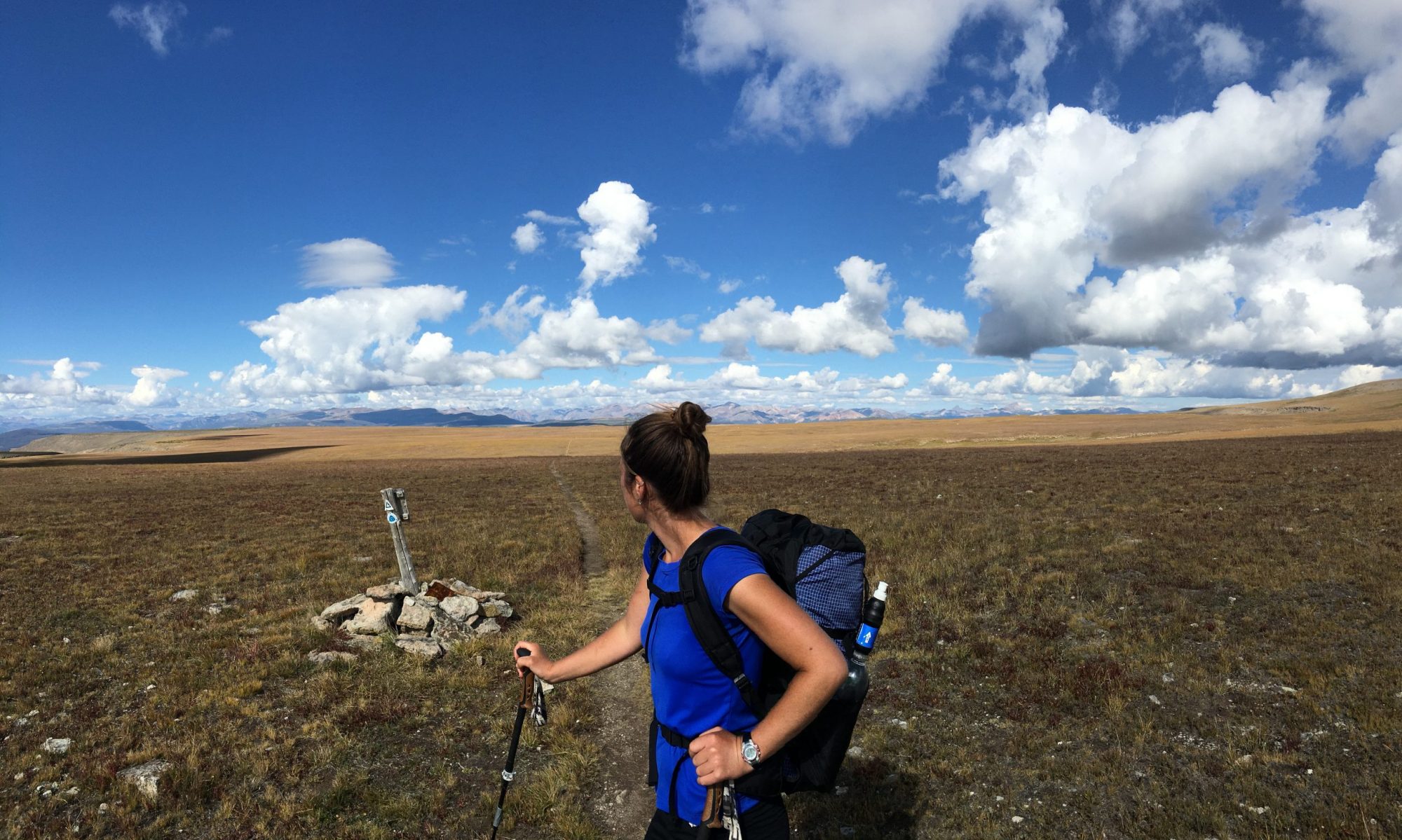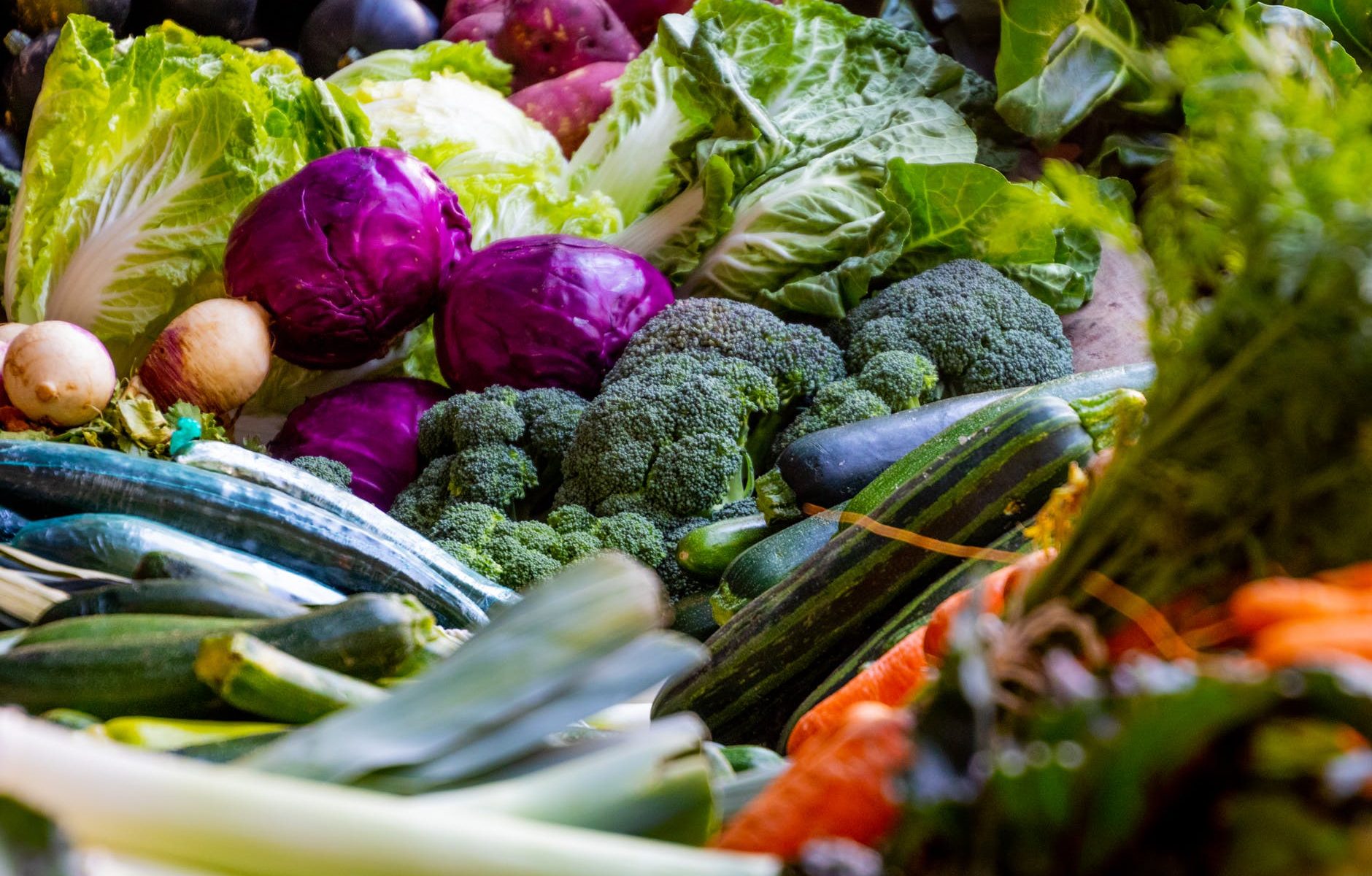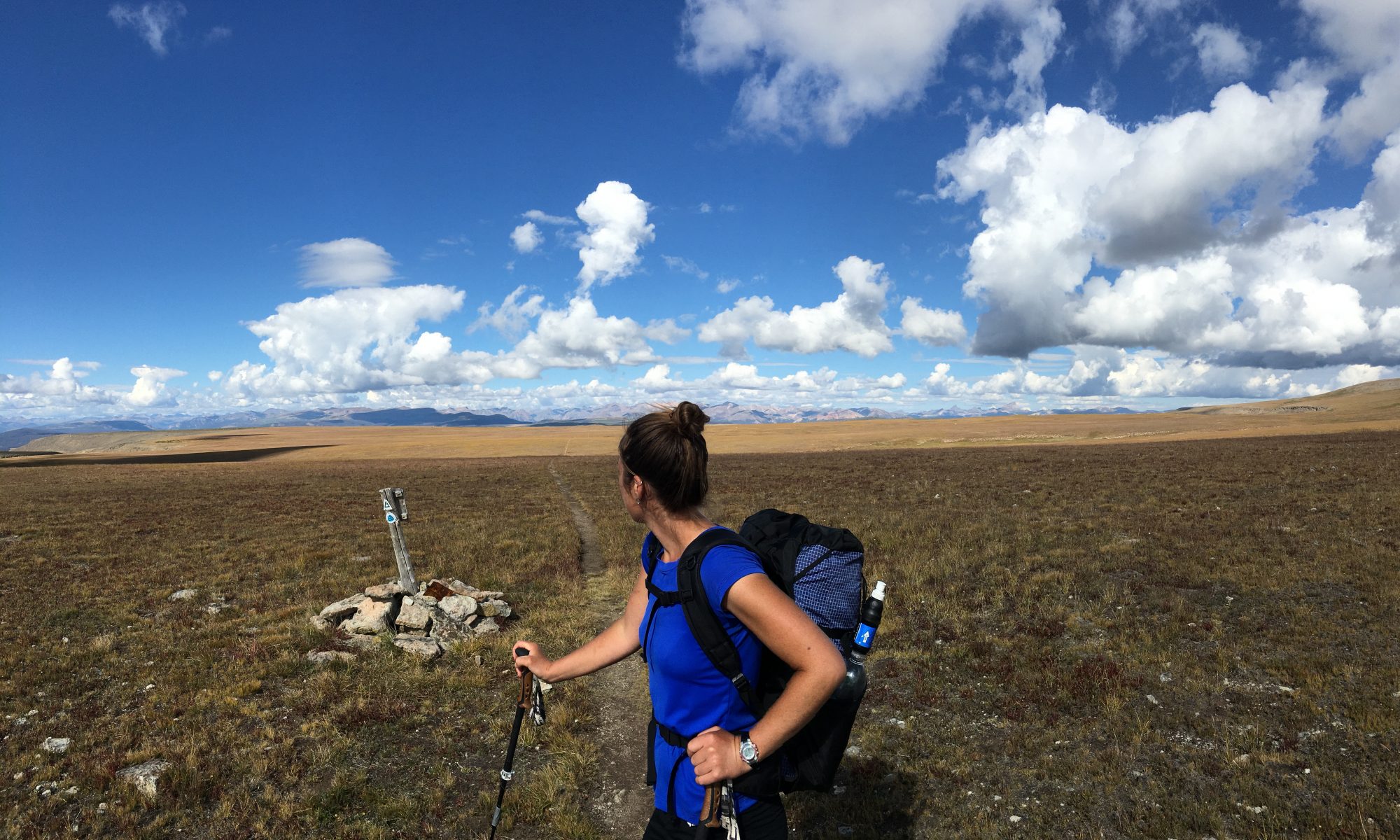Are you focusing your health efforts on the activities that will make the biggest impact?
I see a lot of people spending way too much time on the things that aren’t moving the needle.
Things like:
Looking for the best protein powder.
Downloading new workout apps.
Researching supplements for weight loss.
Trying to decide if you should be intermittent fasting.
I get it. It’s easy to get caught up in the minutiae. You can do all of these things until the cows come home, but without the foundations in place, progress will be slow at best.
If you’re putting in effort and not seeing results, check in on the following:
- Focus on 80% whole foods.
Whole foods are ideal to ensure that you get the micronutrients to keep your body functioning optimally. The water content and fiber of real food will keep you satisfied longer. By choosing whole foods over processed foods, you’ll avoid inflammatory compounds like food dyes, preservatives, trans fats, and more.
- Pay attention to your protein and fiber intake.
Protein is the most satiating macro nutrient. It’s also essential for immunity, blood sugar balance, and muscle repair. The right amount for you depends on your weight, activity level, and goals.
Fiber is also satiating. Furthermore, it’s essential for a healthy microbiome, which affects everything from your cravings to mental clarity, immune health, body weight, and more.
- Balance blood sugar.
No matter what diet you eat, balancing blood sugar is so important in reducing cravings, balancing hormones, having the energy for a full day outside, and so much more. I have several posts about this on my blog. Essentially, you want to include fat, protein, and fiber at each meal or snack.
- Sleep 7-9 hours per night.
Sleep deprivation affects several hormones which impact appetite and hunger. Ever notice how you crave all the carbs when you’re sleep deprived? Not only can sleep disturbances affect your waistline and put you at higher risk for metabolic syndrome, lack of proper rest prevents you from putting in full effort during training sessions.
- Manage your stress.
The stress hormone cortisol wreaks havoc on your health in so many ways. Regardless of what style of eating you follow and no matter how healthy you eat, if you’re not managing your stress, you’re not going to see the results you want. Your body holds onto weight, muscle gain is stalled, recovery is slower, and fatigue increases. Stress management can be as simple as a few deep breaths to shift from a sympathetic dominant state back into parasympathetic. Check in with yourself often.
Focus on Foundations for Faster Results
Nailing these foundations support you in feeling better in the day to day by reducing brain fog, anxiety, depression, and fatigue. On your adventures, it means the ability to hike longer days, recover faster, keep up with your adventure partners, and have a body that’s capable of doing what you love until your last breath.
I write about how important it is to personalize your approach and learn exactly what works for your unique body. I absolutely believe that and it’s why I work closely with clients to support them through that process. That said, a personalized approach goes hand in hand with focusing on the foundations.
You deserve a long lived, healthy, adventurous life. If you’re not feeling great, check on your foundations before searching for the latest “hack.”









